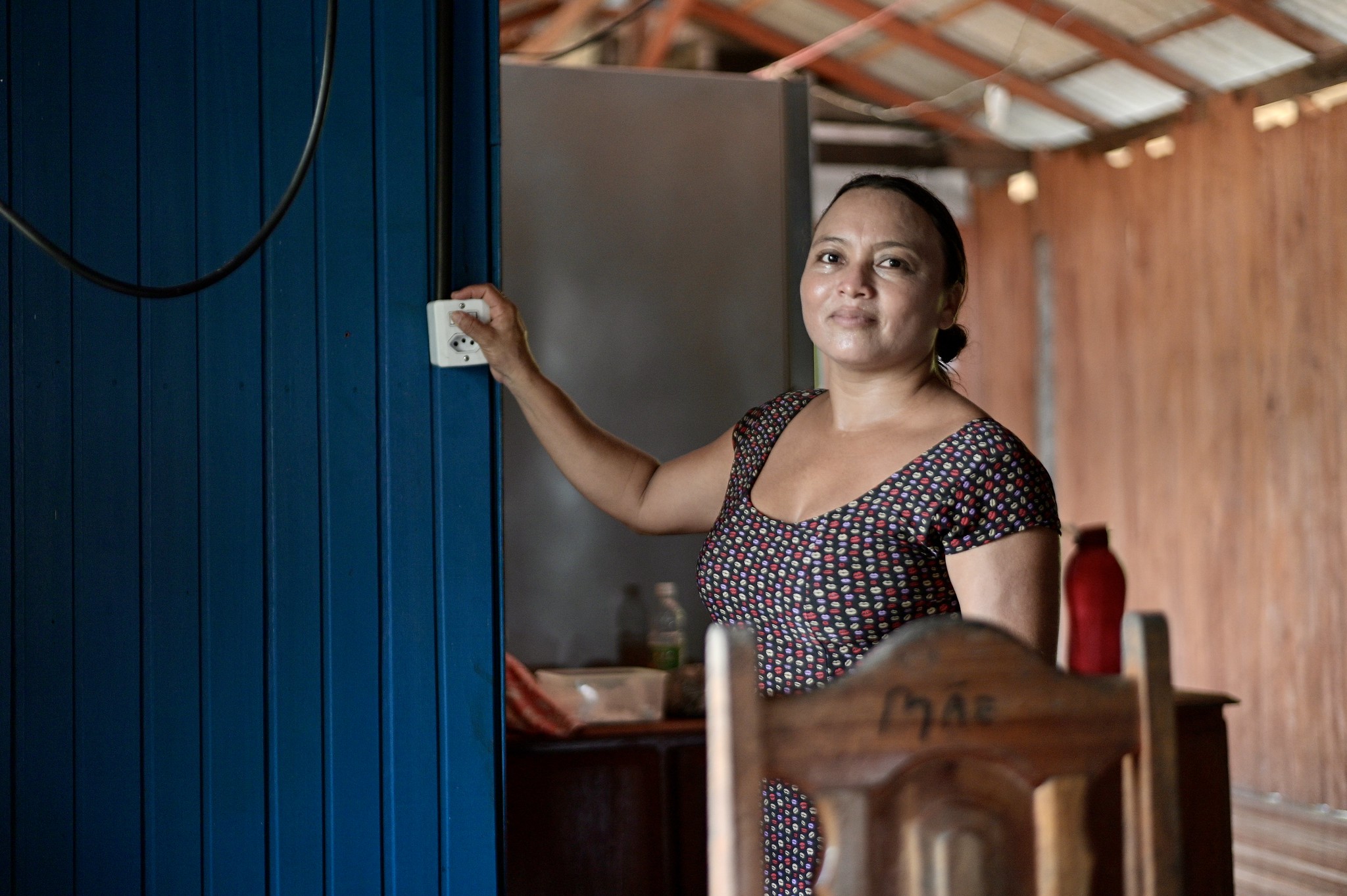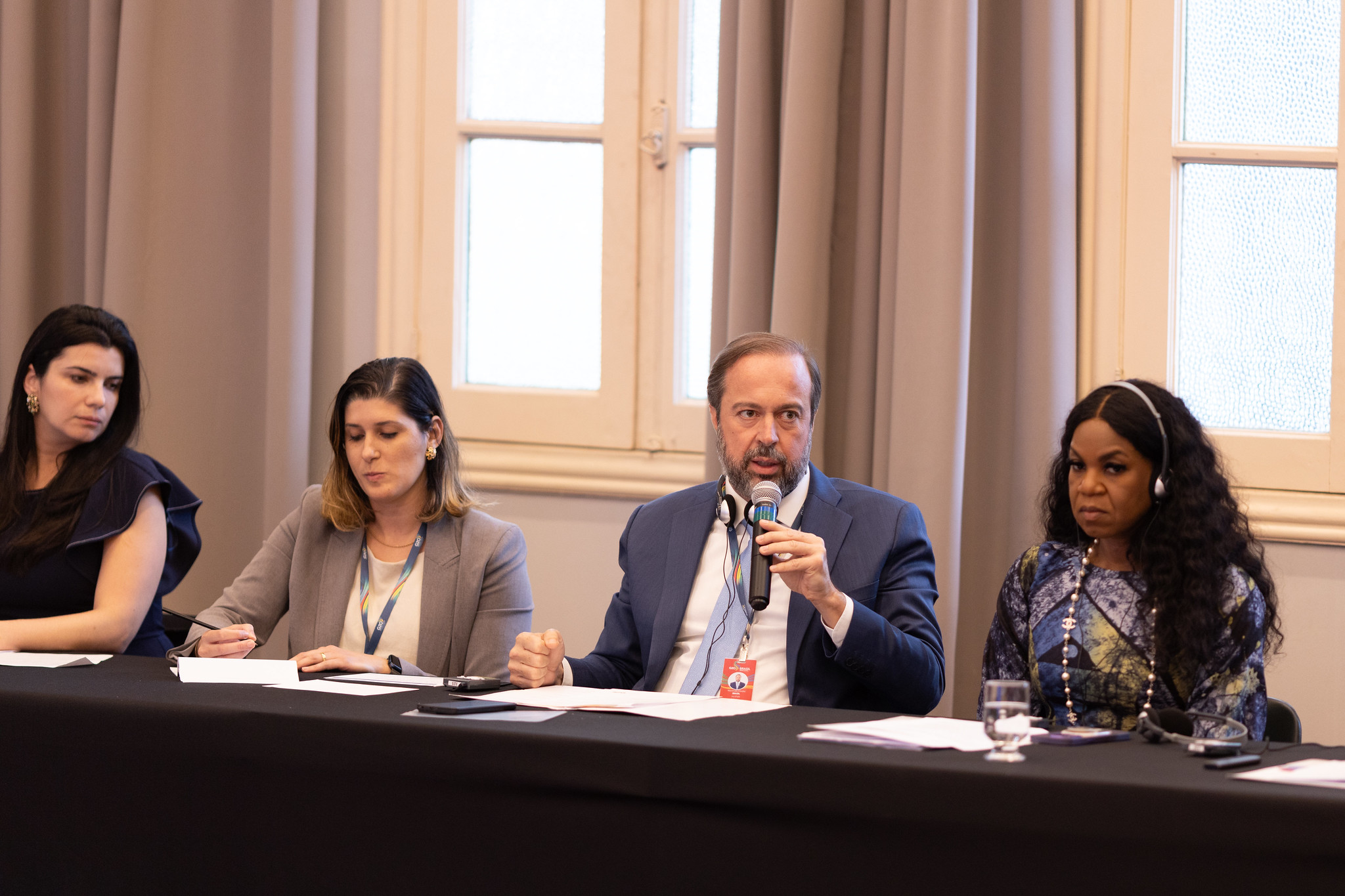Combating energy poverty with clean sources is a G20 priority, says Brazilian minister
Energy Transitions WG discussed the need for universal access to energy and clean technologies. In a bilateral meeting with a UN representative, Brazilian Minister of Mines and Energy Alexandre Silveira emphasized the importance of public policies and international cooperation in this sector.

“The world needs to fight energy poverty in all its forms,” said Brasil's Minister of Mines and Energy, Alexandre Silveira, in a meeting with Damilola Onguybi, co-chair of UN-Energy. For him, the focus is on guaranteeing universal access to electricity and clean technologies for people to cook.
The Minister cited Brasil's Luz Para Todos (Light for All) program as an example of a public policy to combat energy poverty. The program uses off-grid systems (solar energy with batteries) to supply millions of homes with electricity. He also pointed out Brasil's potential to help G20 member countries on the issue of energy transition.

According to the International Energy Agency (IEA), achieving universal access to clean cooking by 2030 would require 8 billion dollars per year in investments – three times the amount spent on the issue in the past seven years.
“Lack of investment and funding from the public and private sectors is a big obstacle to achieving universal access to clean cooking technologies. Successful policies in this area validated by emerging markets and developing economies could serve as inspiration for cooperation in the Global South,” added Silveira.
The minister also proposed a partnership with African countries to help with energy planning for the coming years, as has been done in Brasil, through the Energy Research Company (Empresa de Pesquisa Energética - EPE), subordinated to the Ministry of Mines and Energy. “The importance of long-term energy planning, on all its various fronts, in guiding actions, financing instruments and energy transition policies in the countries must be recognized,” he clarified.